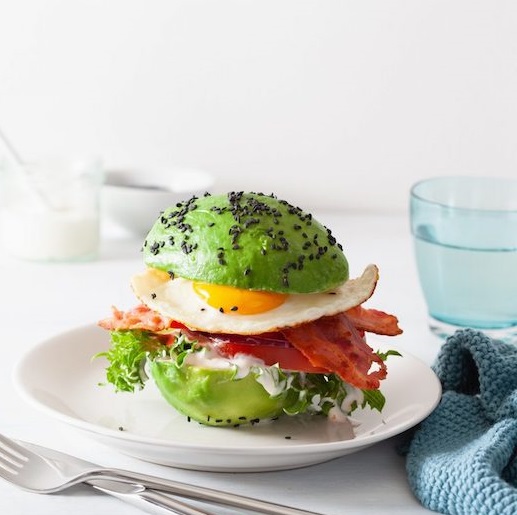
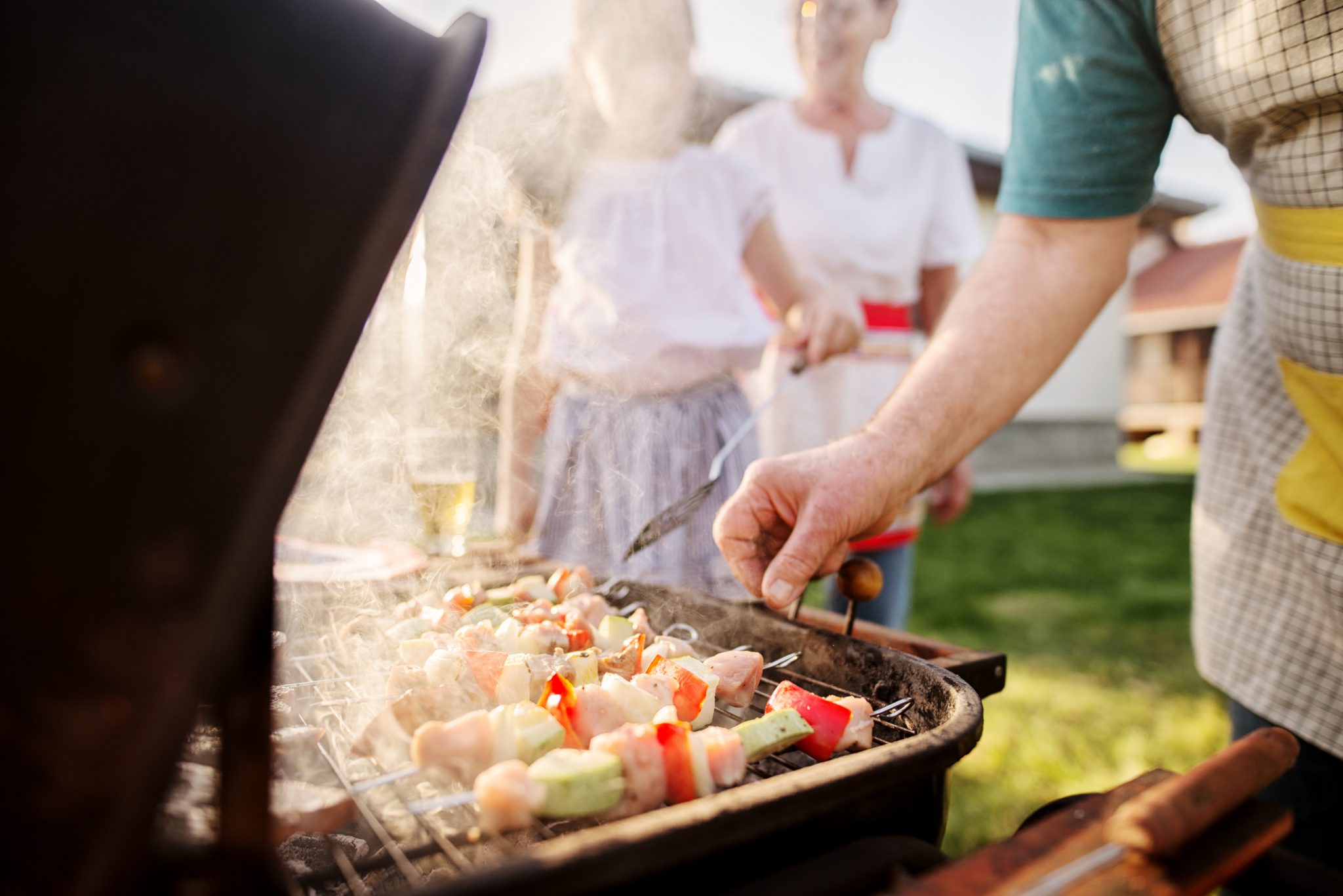
Barbeque grills may quickly cook delicious food, but they can be a safety hazard if not properly monitored.
The National Fire Prevention Association reports an average of 10,200 home fires are started by grills each year with July being the peak month for these fires. Most of these instances involve an exterior balcony, open porch or outside wall catching fire. They also reported that 19,000 patients went to the ER per year because of injuries involving grills, nearly half of them because of thermal burns, including both burns from fire and from contact with hot objects.
“Each year when the 4th of July comes around, we hear a lot about fireworks safety, which is really important,” explains Joseph Underwood, M.D., chair of emergency medicine at Hackensack University Medical Center. “But people don’t often consider other safety issues that are equally as important this time of year – such as grill and food issues. We see a lot of associated cases come into our emergency department each summer.”
Practicing Grill Safety
Simply ask who’s cooking and set boundaries in the backyard. “For everyone’s safety, designate a grilling station where only the person cooking is allowed to be. Inform children of these boundaries and keep a watchful eye on pets,” advises Dr. Underwood.
The U.S. Fire Association recommends maintaining a 3-foot safety zone surrounding your grill, monitoring it while it’s on and cleaning after each use. This will limit the possibility of people getting knocked into or burned by a hot grill and the chance of starting a fire.
OK, you knew that grills could be dangerous, but did you know your food can be a hazard, too?
Practicing Food Safety
Food safety involves proper handling of food before, during, and after cooking.
Before: All uncooked food should be kept in the refrigerator until the grill is ready. Any uncooked perishable foods left out for longer than two hours should be discarded. When handling uncooked food, especially meat, be sure to use clean utensils and plates.
During: Some of your burgers are done, but it’s time to put more on the grill. Can you use the same spatula? No! Do not handle uncooked and cooked food with the same cooking tools. This increases the possibility of bacteria from the uncooked meat contaminating the cooked meat. Is this fully cooked? The best way to tell is by using a thermometer. Fully cooked food should be at or above 140 °F. Foods meant to be cold should be kept at or below 40 °F. If you don’t have a thermometer, slice into your food and make sure there is no pink or red in the center.
After: Properly store food. Whether you’re hosting a gathering indoors or outdoors, store food in a shallow container and return it to the refrigerator once everyone has made their plate. This will prevent bugs and bacteria from contaminating any leftovers.
“Food sitting outside for longer than 15 minutes becomes a breeding ground for bacteria,” explains Dr. Underwood. “If you’re serving food inside, refrigerate leftovers within 2 hours of serving it.”
The United States Department of Agriculture warns that food in the “Danger Zone” (40 °F to 140 °F) can grow bacteria that can cause food poisoning and other illnesses.
Questions to Ask Before You Eat
Asking simple questions can save you and your guests from food-related harm.
Does anyone have food allergies? If you’re cooking for a large group of people, be sure to ask if anyone has allergies or at the very least label the food you put out.
Who’s cooking? With grilling comes great responsibility. Whoever’s cooking should know how to turn the grill on and off, set the temperature, and clean after cooking.
How long has this been sitting out? Keep all cooked and uncooked food refrigerated. Keep perishables indoors.
Next Steps & Resources
Accidents don’t usually happen on your schedule. Hackensack Meridian Health Convenient Care is available when you need it most…including evenings, weekends and holidays. When a health care issue comes up and your physician is not available, Convenient Care is the easy choice for quick, quality care you can trust. Learn more, or find a location near you.
Find a doctor near me
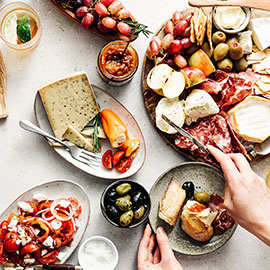
What A Dietician Says Are the Best Diets to Try in 2022
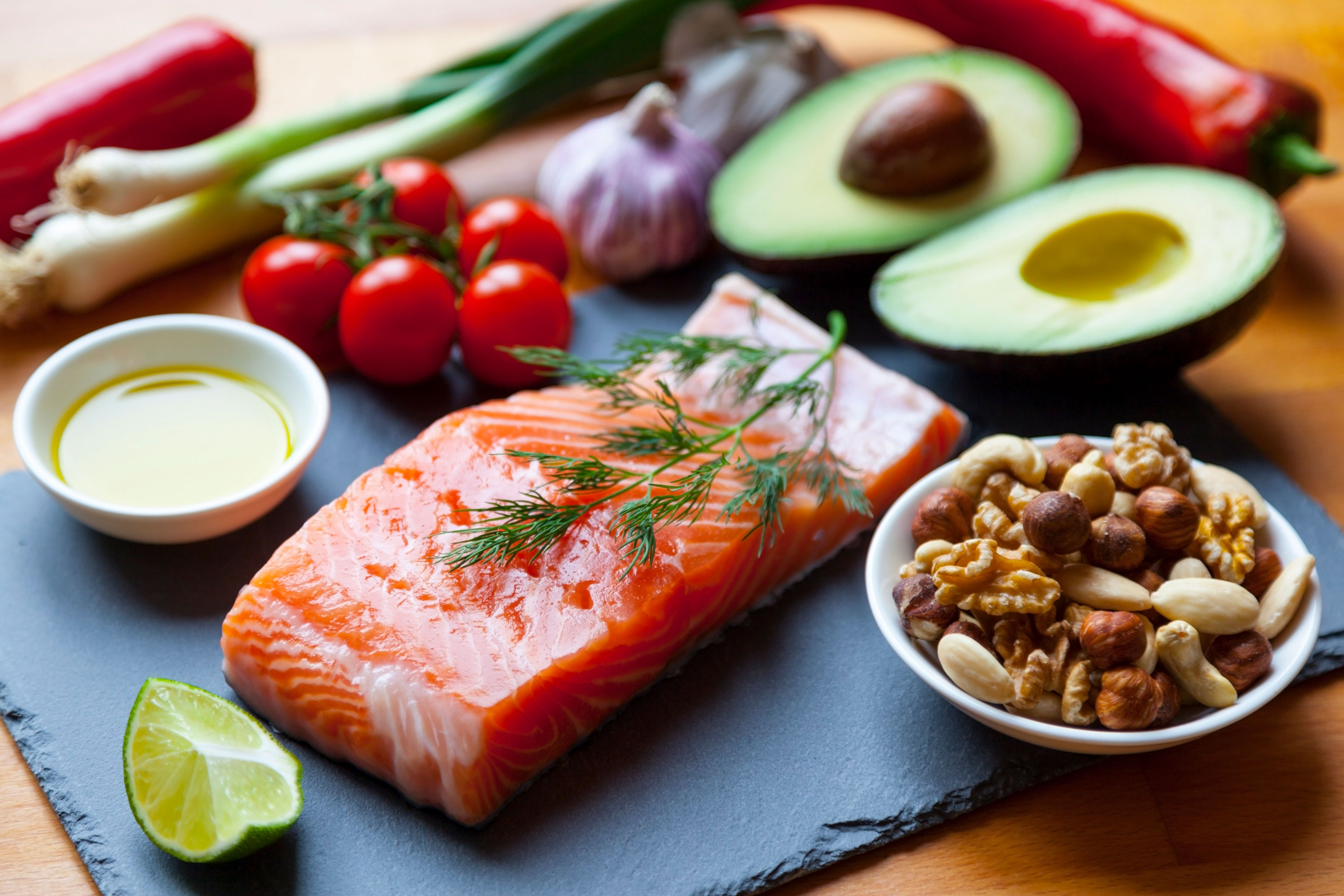
4 Easy Ways to Lower Your Cholesterol
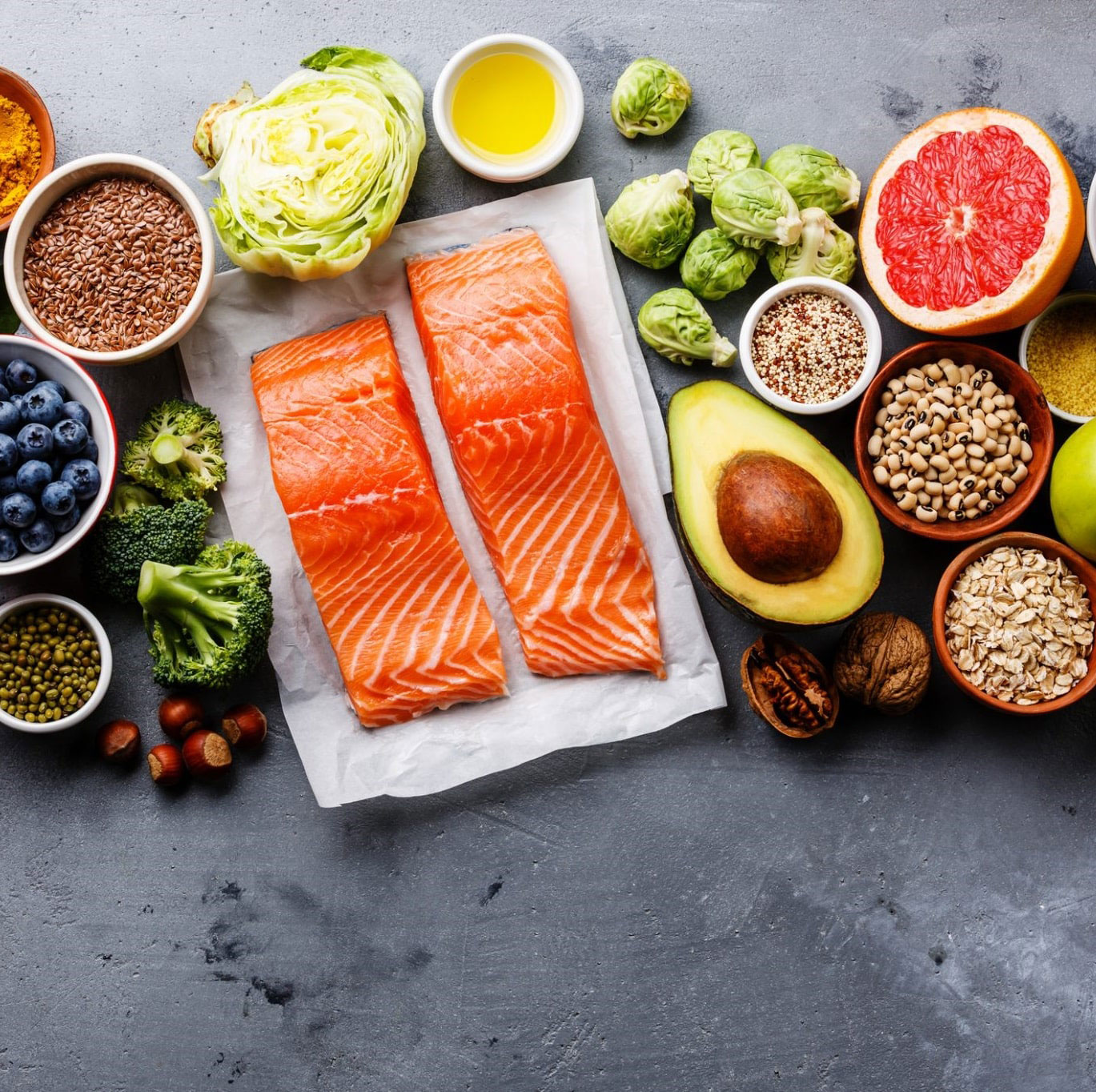
5 Superfoods for Heart Health
